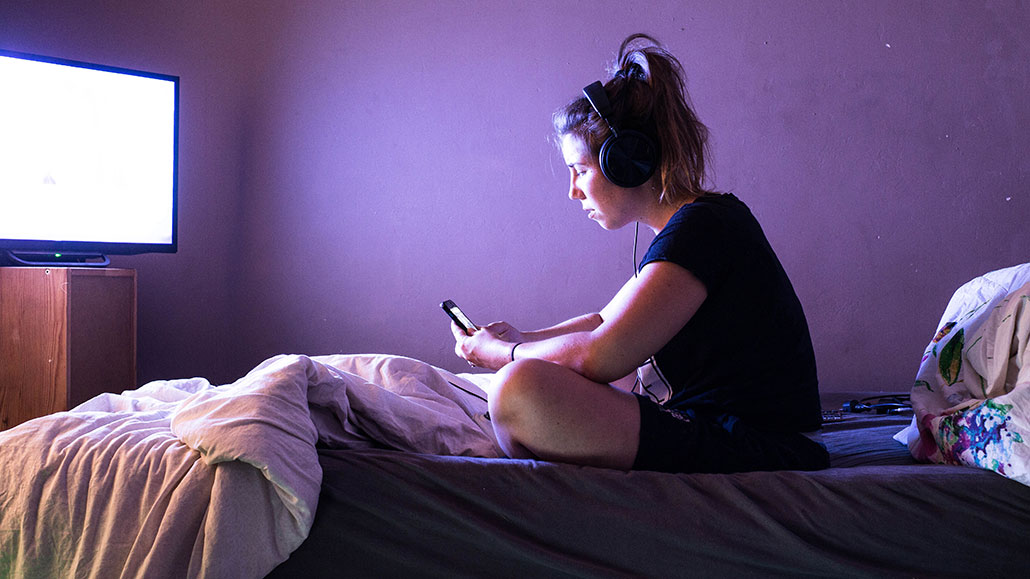Questions for “Sleep-friendlier lighting is on the way”

Most modern indoor lighting and screens use blue LEDs, which emit light wavelengths that confuse the brain’s internal clock. That can make it hard to fall asleep.
cerro_photography/iStock/Getty Images Plus